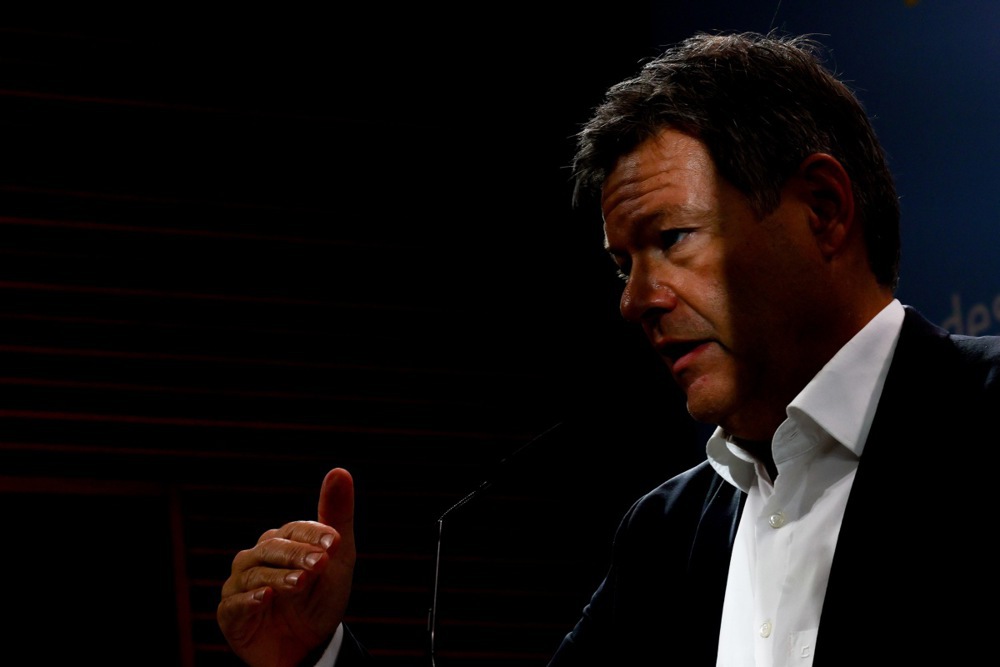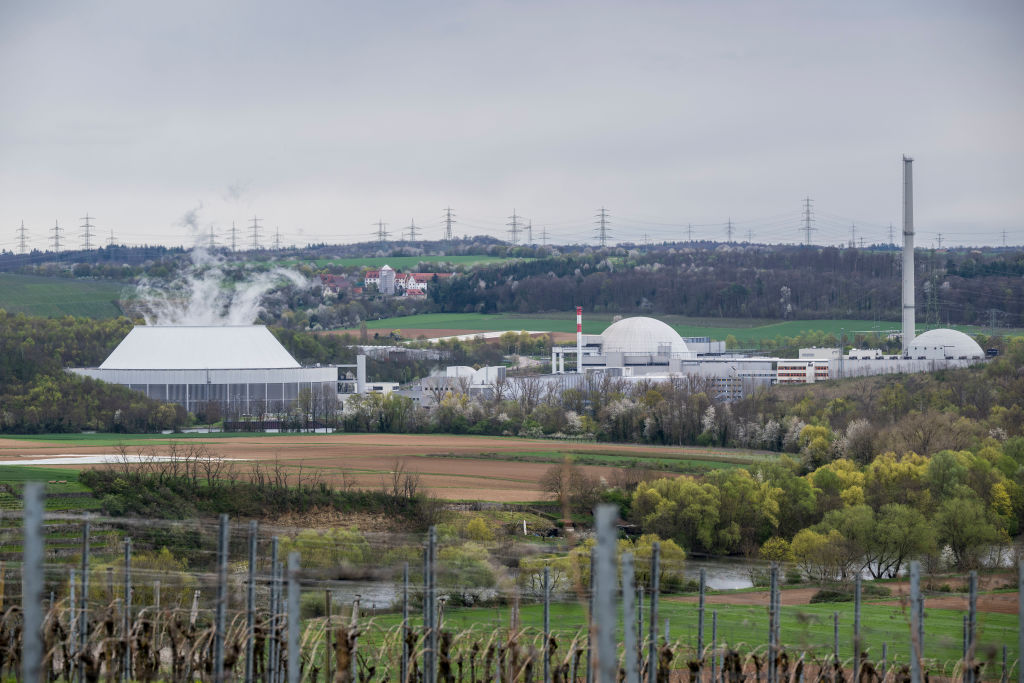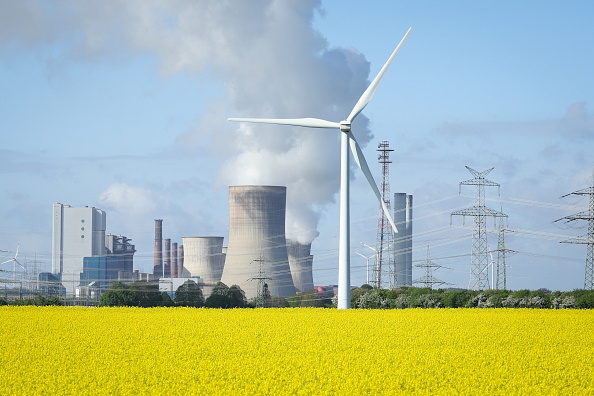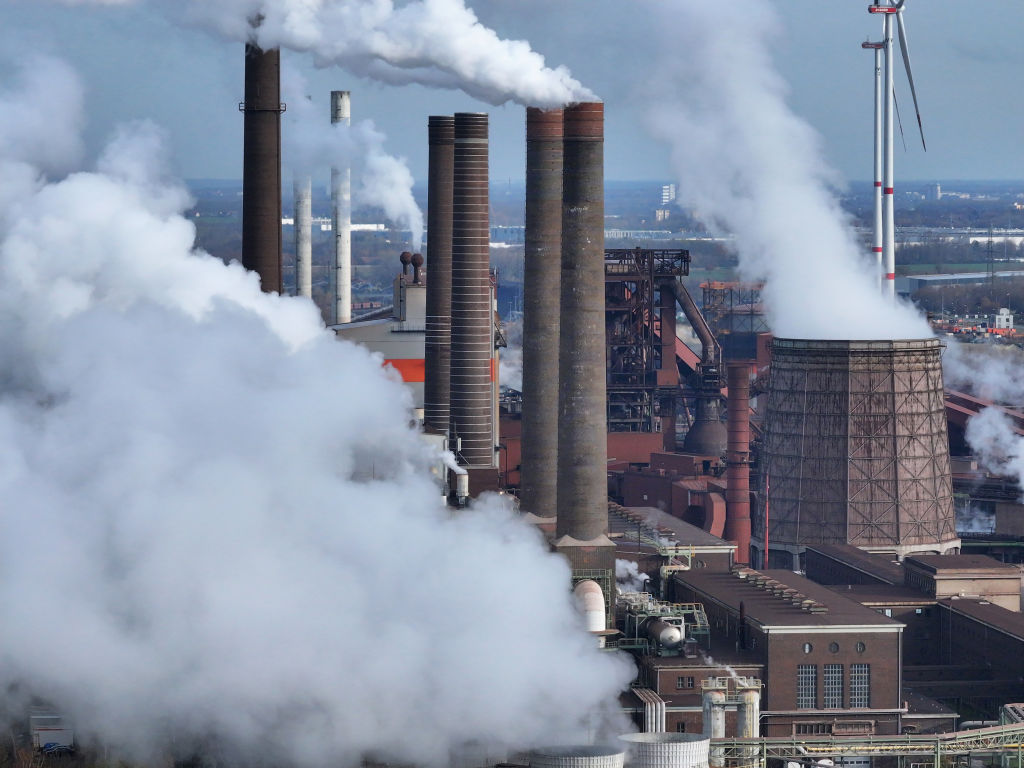The recent spike in energy prices has caused diplomatic friction between Sweden and Germany, with Sweden’s Deputy Prime Minister Ebba Busch pointing the finger at Germany’s ‘green’ energy policy as its cause.
On December 12, energy prices shot up across Europe as a result of the so-called Dunkelflaute, or “dark doldrums”, where little to no energy could be generated through wind and solar power because there was neither enough wind or sunlight: not an unusual situation during European winters.
Since Germany closed down its last nuclear power plants in April 2023 and went all-in on renewable energy, the Dunkelflaute has recently led to prices of almost €1,000 per megawatt hour in Germany. Neighbouring countries have also been hit by skyrocketing energy demand as many of their grids are connected to Germany’s.
As a result, Germany imported significant amounts of energy from Sweden, driving up prices in the south of the country and leading to sharp criticism from Busch, who is also Sweden’s energy minister.
On December 16, she told German newspaper Bild: “It is difficult for an industrial economy to rely on the benevolence of the weather gods for its prosperity. The dependence on unsteady energy sources such as wind and sun has proven to be a challenge, as last week showed.
“Sweden’s Government supports renewable energies, but no political will is strong enough to override the laws of physics – not even that of [German climate minister Robert] Habeck … so it is strange when politicians are amazed at the results of a weather-dependent power system.
“Without a stable, fossil-free base load like nuclear energy, countries like Germany have a significant impact on prices in Northern Europe during the dark.
“I am angry because Germany has continued the premature decommissioning of nuclear power plants,” Busch said.
When the prices were exceptionally high a few days ago, the German climate ministry posted on social media: “Electricity prices in Sweden are mainly determined by factors within Sweden,” adding that, “Germany and Sweden are only connected via a relatively small interconnector.”
The ministry concluded: “At certain times of the year, Sweden benefits from our wind power capacities and purchases cheap German renewable energy. At times of little wind, we import electricity from Sweden, which is generated there from hydropower with large reservoirs.
“This is how electricity trading works.”
(7/7) In manchen Zeiten des Jahres profitiert ?? von unseren Windkraft-Kapazitäten & bezieht günstigen deutschen EE Strom. In Zeiten von wenig Wind importieren wir Strom aus ??, der dort aus Wasserkraft mit großen Speicherseen erzeugt wird. So funktioniert der Stromhandel.
— Bundesministerium für Wirtschaft und Klimaschutz (@BMWK) December 13, 2024
Bild, though, noted: “Next to France, Sweden is the largest electricity exporter in the EU. Germany imported seven times (2,711 GWh) what it exported to Sweden from southern Sweden in 2024.”
Within Germany, there was also criticism regarding the government’s green energy policies.
Dirk Howe, the managing director of the Krefeld foundry Siempelkamp, told newspaper Handelsblatt on December 16 that because of the price spike, his company had to reduce production by 30 per cent, cut a shift and send people home.
“Our current electricity system forces us to work inefficiently. That’s pure madness,” he said, adding that “immediate measures” were needed.
A spike in European electricity prices, caused primarily by German electricity imports, has sparked anger throughout northern Europe. https://t.co/1J74p2Cebs
— Brussels Signal (@brusselssignal) December 13, 2024





